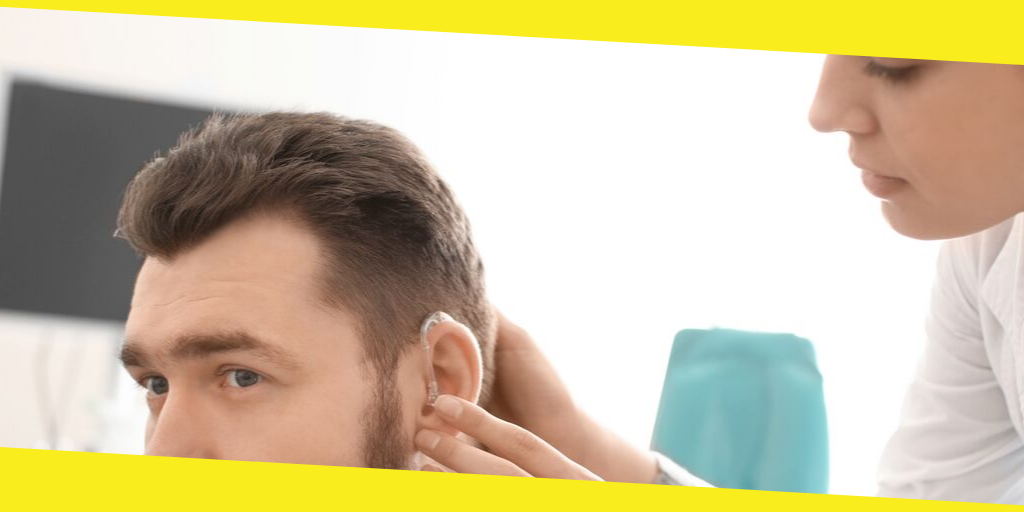
Helen just would not admit she had a hearing problem. Despite what her family and friends said, she would not agree to an exam. Now, we knew she had a problem but did not want to give in until her husband conned here into getting a hearing exam. Fortunately for her, the exam revealed a problem with ear wax, and her hearing improved 100% following its removal.
There’s really no way to reverse aging — although everyone tries. Unfortunately, hearing loss seems to increase as you struggle with bad knees and hips. Hearing loss is not inevitable for everyone, but eardrums suffer from wear and tear like everything else. But hearing loss does not belong to the elderly, and it doesn’t have to be permanent.
Here are three ways to reverse hearing loss
1. Earwax
Like Helen, “about 12 million people (that’s 1 in 20 adults) visit the doctor each year to have earwax removed, according to a report from the American Academy of Otolaryngology-Head and Neck Surgery (AAO-HNS)” (Prevention).
You might treat clogged ears with a saline solution or medicated ear drops, but doctors universally agree you should not use Q-tips or anything similar. A visit to your ears-nose-throat doctor will remove all the blockage painlessly and completely. These visits might also reveal other damage.
2. Noise
Exposure to loud noise can produce permanent hearing loss with damage to the ear’s components. But the research at the University of Southern California suggests a remedy for many cases of noise-induced hearing loss.
Science Daily reports loud noise will kill the hairs in the ear canal that receive sound. That allows potassium-loaded fluid to build-up and reduce the hearing. Their study showed they could reverse up to 64 percent of the neuron loss if “salt- and sugar-based solutions were injected into the middle ear, just through the eardrum, three hours after noise exposure.”
3. Context
Many people report hearing the loss in specific situations like noisy restaurants. They may have problems hearing unless they are facing the people talking to them. Or, they may report issues while driving.
Such loss may be the result of allergy, illness, or injury. But it often means a problem with focus and filtering. Hearing aids are usually the best therapy. Custom-tailored solutions for hearing loss can be set to solve very specific hearing issues. Hearing aids are no longer “one kind fits all.” With features and benefits like Bluetooth® capability, Genius™3.0 technology, and more, they are smaller, more discreet, and personal than ever.
You’re not alone!
You are not the only one suffering from hearing loss. The ear canal, inner ear, and eardrum age, dry, and change their shape and sensitivity with age and damage from sound, injury, and disease.
If you notice fewer people wearing hearing aids, it may because they are smaller and better engineered. But ears are always too delicate to treat on your own. Any concern should take you to the doctor first.